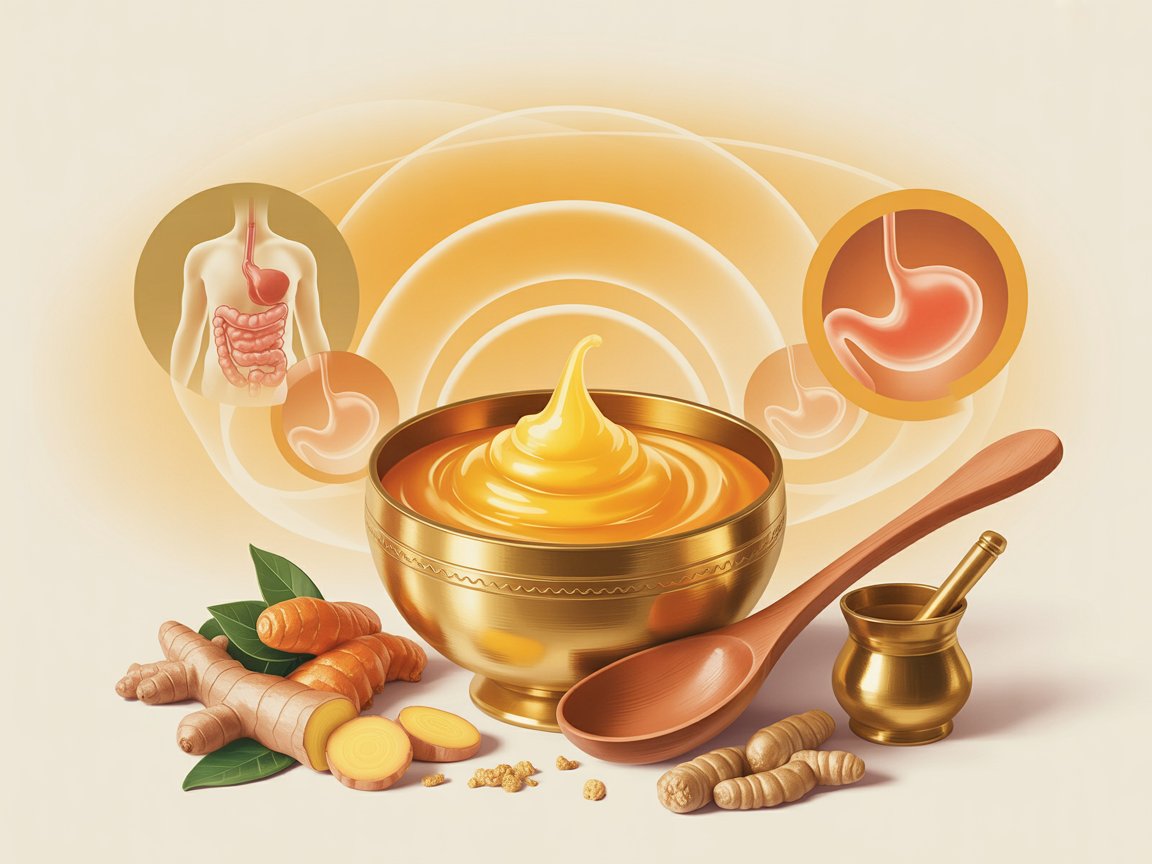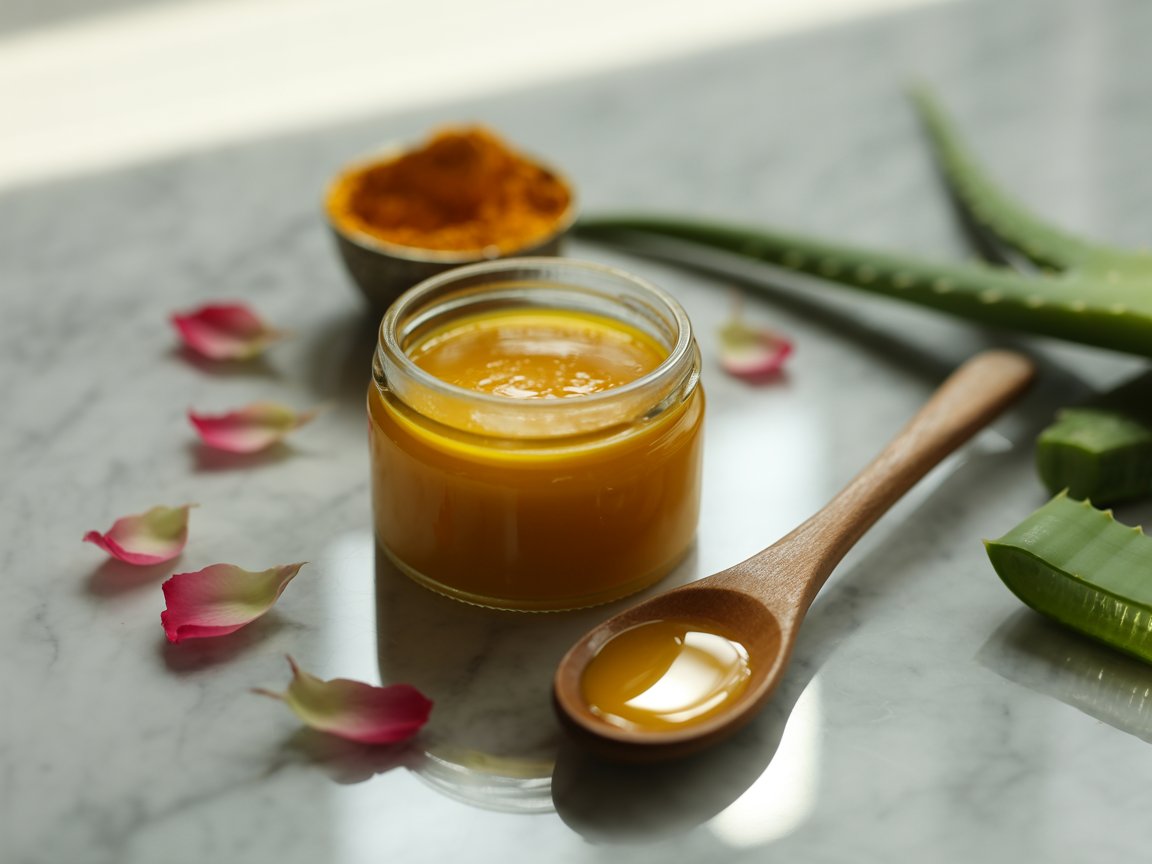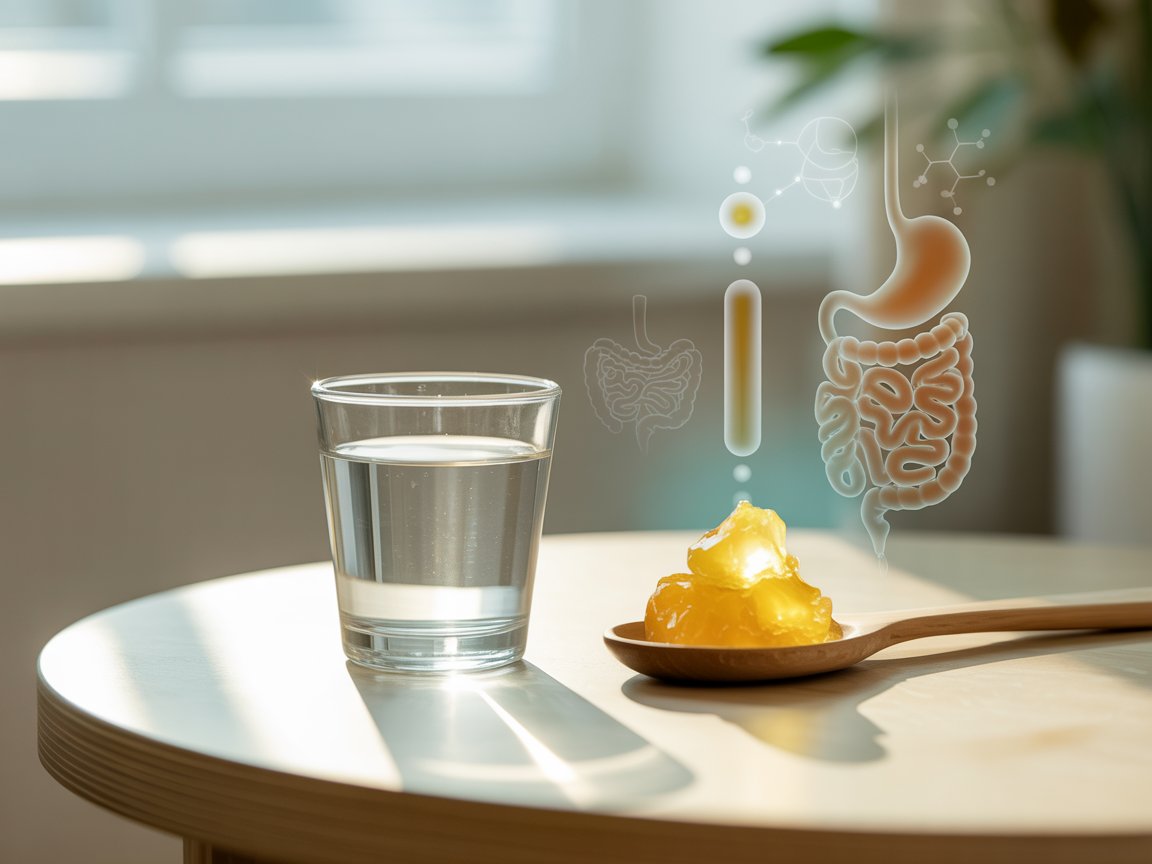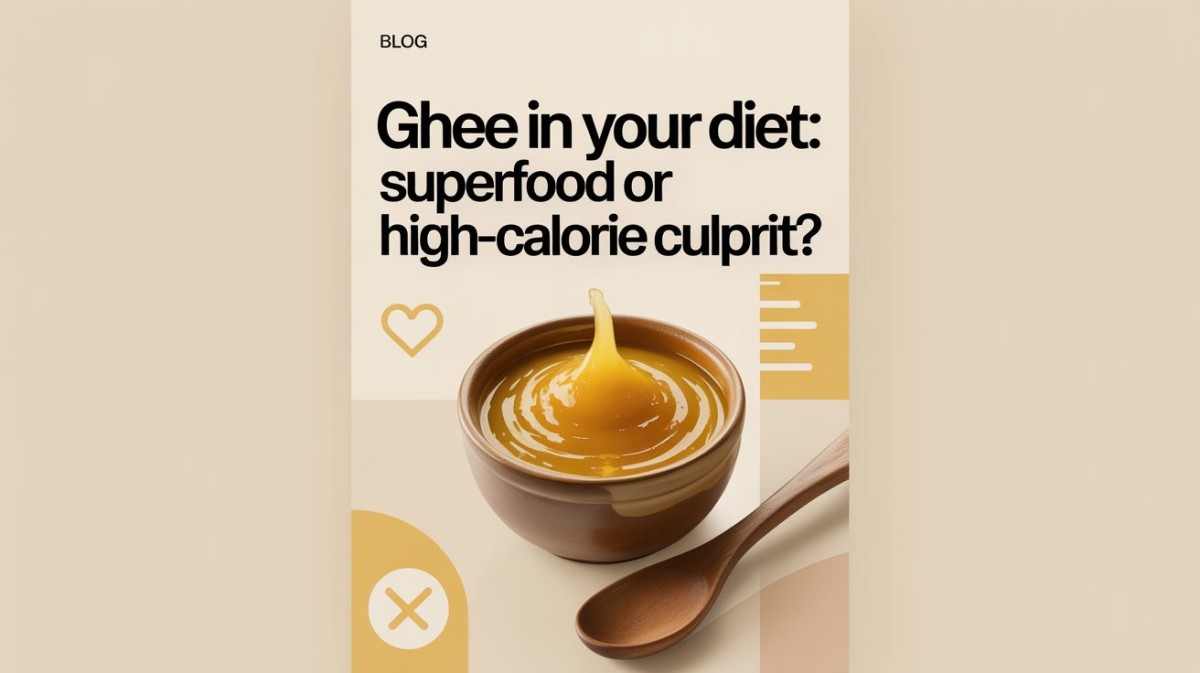Hey, don't eat ghee, the fat content in your body will increase!
You must include ghee to have some healthy fats in your diet!
But what exactly is the fact?
Should you include or avoid ghee in your diet?
This blog will explore the benefits of ghee in the diet and the best possible ways to include it in your dietary routine.
Ghee and the nutritional facts in one tablespoon:
Calories: 130
Fats: 15 grams
Vitamins: A, D, and K
Benefits of having ghee in the diet:
1. Rich in Nutrients
● As mentioned above, ghee contains vitamins, antioxidants, and healthy fats.
● It also helps the body absorb essential vitamins and minerals.
● Cooking with ghee can increase nutrient absorption from vegetables and other healthy foods.
2. Anti-Inflammatory Properties
 ● Ghee contains butyrate, which is a fatty acid known to reduce inflammation.
● Ghee contains butyrate, which is a fatty acid known to reduce inflammation.
●Besides, it also has properties that may soothe internal inflammation and support gut health.
● In the traditional aspects of Ayurveda, ghee is heavily utilized for burns and swelling, though not scientifically proven.
3. Combats Obesity
● Since it is rich in conjugated linoleic acid (CLA), ghee best helps in reducing obesity.
● CLA may help reduce body fat and aid weight management as well.
● Some studies suggest ghee can support healthy metabolism.
4. Supports Heart Health
● Contains monounsaturated omega-3 fatty acids.
● Therefore, it promotes heart and blood vessel health.
● It may help lower “bad” cholesterol (LDL) and improve “good” cholesterol (HDL) when consumed in moderation.
5. Improves Skin Health
 ● Promotes faster wound healing.
● Promotes faster wound healing.
● Helps strengthen the skin barrier.
● Boosts collagen production, supporting youthful and firm skin.
6. Supports Digestive Health
● Ghee contains butyrate, which is a fatty acid beneficial for colon health, thereby helping to maintain and repair colon cells.
● However, ghee has only about 1% butyrate, but your body produces much more naturally.
● For better gut health, eat fiber-rich foods that increase short-chain fatty acids.
7. Reduces Exposure to Harmful Compounds
● Cooking with ghee forms less acrylamide, which is a toxic compound linked to cancer in animal studies.
● Safer than some vegetable oils for high-heat cooking.
How to Include Ghee in Your Diet
● Moderation is the key to making sure you use ghee as your cooking fat for moderate amounts. Replace some amount of your cooking oil or butter with ghee to gain the complete advantage.
● Secondly, you can add a small amount at the end of cooking or as a finishing fat. This is especially helpful when cooking vegetables rich in fat-soluble nutrients (like carrots, spinach): fat helps the body absorb vitamins A, D, E, and K.
● Consider dietary context and daily amount. In this case, experts suggest moderation: for example, some sources recommend about 1–2 tablespoons (≈15–30 g) per day for healthy adults. Meanwhile, for children or infants, much lower amounts apply, and infants may need special caution.
●If you are someone having heart disease, high cholesterol, or saturated-fat sensitivity, consult a health professional before increasing ghee.
● Ghee should complement other healthy fats (from olive oil, nuts, seeds, fish); it should not be the sole fat source.
Ghee on an Empty Stomach: Facts & Evidence
Ayurvedic Perspective
 Since there is a lot of confusion regarding the consumption of ghee on an empty stomach, Ayurveda traditionally recommends 1 teaspoon of ghee in the morning (sometimes mixed with warm water or milk) to “lubricate the digestive tract” and support digestion. Also, it’s believed to promote detoxification, improve metabolism, and nourish tissues. However, these claims are based on traditional wisdom, not confirmed by modern scientific studies; therefore, more studies are essential to confirm the same.
Since there is a lot of confusion regarding the consumption of ghee on an empty stomach, Ayurveda traditionally recommends 1 teaspoon of ghee in the morning (sometimes mixed with warm water or milk) to “lubricate the digestive tract” and support digestion. Also, it’s believed to promote detoxification, improve metabolism, and nourish tissues. However, these claims are based on traditional wisdom, not confirmed by modern scientific studies; therefore, more studies are essential to confirm the same.
Modern Nutrition View
As mentioned above, scientific evidence is limited on the specific benefits of eating ghee on an empty stomach. Ghee provides healthy fats (butyrate, CLA, omega-3s) that can support gut lining and energy levels, but your body can get the same benefits when consumed with food. Eating pure fat without other nutrients does not improve the absorption of vitamins. Absorption works best with foods containing fat-soluble vitamins (A, D, E, K). But if you are someone with sensitive digestion or gallbladder/liver issues, consuming fat alone may cause nausea or discomfort.
Also read - Cow vs. Buffalo Ghee: Which is Healthier?
